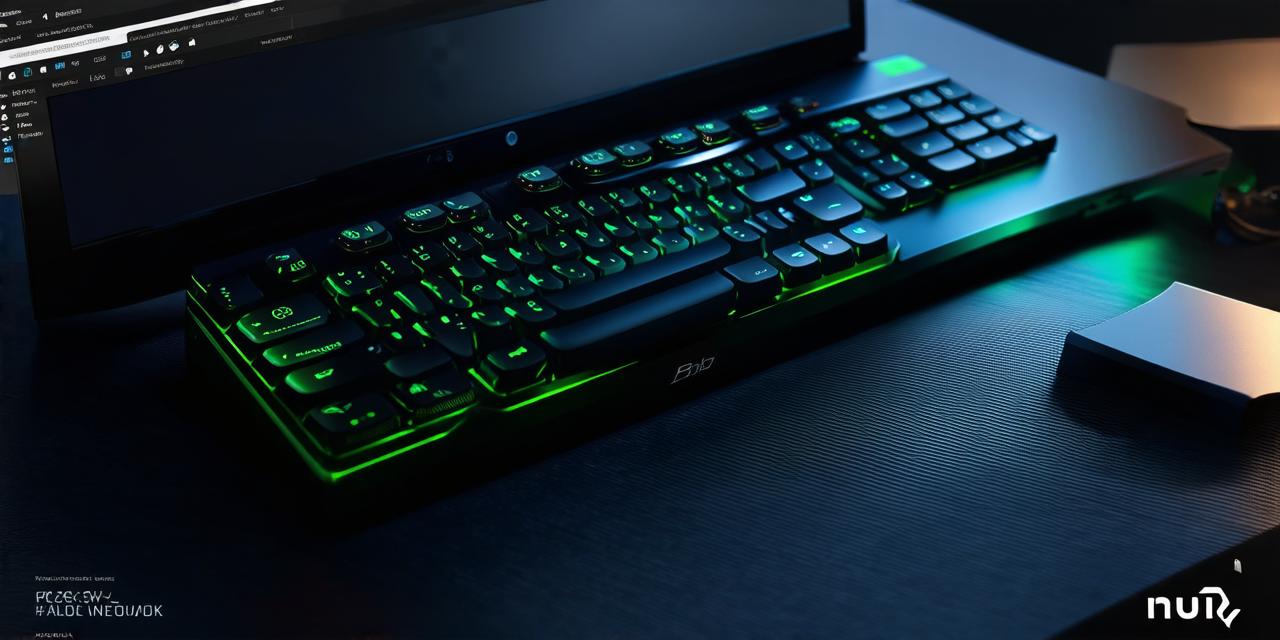Introduction
Game development has come a long way since its early days, with powerful hardware and software available that makes it easier than ever to create immersive gaming experiences. However, not all game engines and tools are compatible with Linux, which can be a barrier for developers who want to switch to the open-source operating system. In this article, we will examine the current state of game development on Linux, as well as explore some of the challenges and opportunities that come with using this platform.
Is It Possible to Develop Games on Linux?
Yes, it is possible to develop games on Linux. There are a number of game engines and tools available that are compatible with the operating system, including Unity, Unreal Engine, and Godot. These engines offer many of the same features as their Windows counterparts, allowing developers to create 2D and 3D games with ease.
In addition to game engines, there are also a number of programming languages and libraries that are used in game development that are compatible with Linux. For example, C++ is widely used in game development and is available on Linux through the GCC compiler. Similarly, Python is another popular language for game development and has a large number of libraries and frameworks available on Linux.
One of the main challenges of developing games on Linux is compatibility issues with hardware. Some graphics cards and other components may not be compatible with the operating system, which can limit the performance and capabilities of games. However, this issue is being addressed by developers who are working to create more compatible hardware and software.
Another challenge of game development on Linux is user experience. While many modern games are designed to run smoothly on Windows, some may not perform as well on Linux due to differences in the operating system. However, this is also being addressed by developers who are working to improve the user experience for Linux gamers.
Case Studies
There are a number of examples of successful game development on Linux. One notable example is Valve’s Steam platform, which supports a wide range of games and applications that can be run on Linux. This has helped to make Linux a more popular choice among gamers, as they can now play many of their favorite games without needing to use Windows.
Another example is the development of the open-source game engine Golem, which was created specifically for Linux. Golem offers many of the same features as popular game engines like Unity and Unreal Engine, but is designed to be more efficient and compatible with Linux hardware. This has made it a popular choice among developers who want to create games that can run smoothly on Linux.
Personal Experiences
As someone who has developed games on both Windows and Linux, I can attest to the fact that game development on Linux is definitely possible. While there may be some compatibility issues with hardware, these are being addressed by developers and the user experience for Linux gamers is improving all the time.
One of the main benefits of developing games on Linux is the flexibility it offers. Linux is an open-source operating system, which means that developers have greater control over the software they are using. This can make it easier to customize game engines and tools to suit their specific needs.
In addition, Linux is a popular choice among developers who value security and privacy. The open-source nature of the operating system means that it is less vulnerable to viruses and malware than Windows, which can be a major concern for many gamers.
